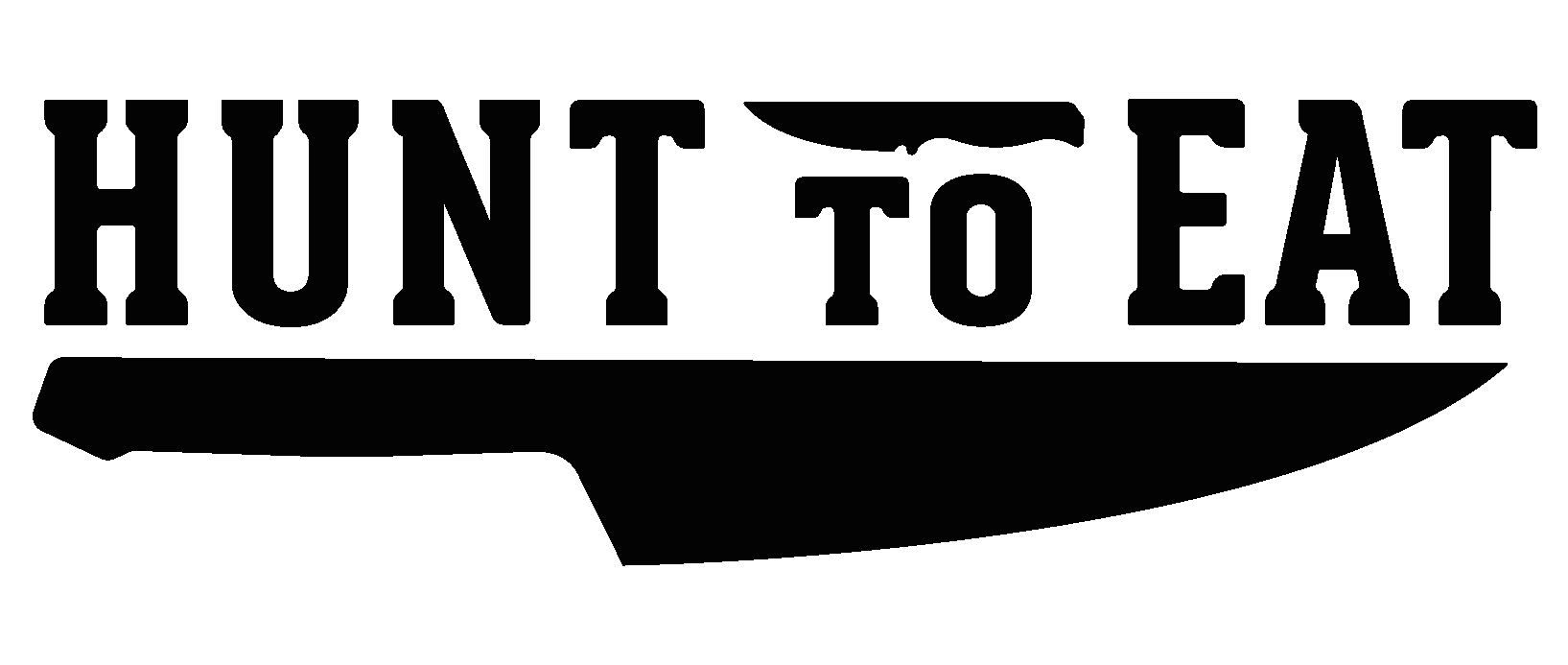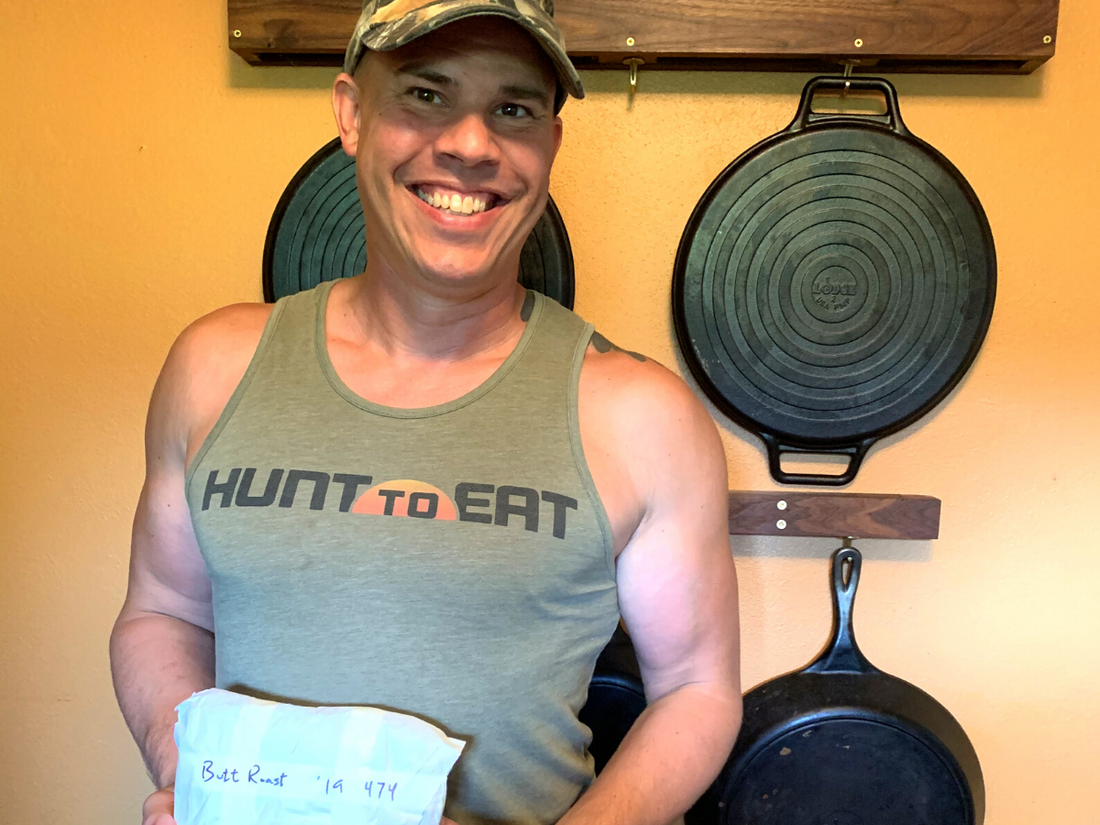By ambassador Chris Gavin
Years ago, while pursuing my degree in wildlife ecology from the University of Wisconsin-Madison, I saw a flyer on the department announcement board. There was going to be a presentation by one of the department’s grad students, Karl Malcolm. Everyone in the department knew Karl. He was one of those individuals that always had a fresh, positive attitude and treated all those around him with respect and genuine curiosity. Having started hunting only a few years prior, that the presentation was titled “Hunting & Ecology” was all the further convincing I needed to put the event on my calendar.
The presentation was great. Many of Karl’s points were ones that were familiar to me: the importance of hunting in conservation, the blossoming of the local foods movement. These were exciting to listen to, being a recent convert to the virtues of hunting and management in the realm of conservation and environmental protection.
Something that I'd never heard articulated resonated with me. It was that hunters oftentimes don't represent themselves well. Karl said the people who are most vocal are all too often putting out the wrong message, a message that is inconsistent with a respect for the resource. At one point, Karl spoke specifically about hunting-themed t-shirts. He made the case, both sad and hilarious at the same time, that if one were to judge on t-shirt designs alone, one would reach the conclusion that most hunters are sexually frustrated alcoholics. Though he had numerous pictures to back the assertion, for anyone who has been in a big box sportsman’s store, it wasn’t necessary. We have all seen countless examples. I’m no prude, nor a teetotaler, but in the Venn diagram of my interests, while
there’s broad overlap of the hunting and firearm circles and there’s occasional overlap of the hanky-panky and boozing circles, the former two don’t really touch the latter two.
There’s also the political slant that can be found on a number of hunting-themed apparel. The kind of t-shirts I saw in support of hunting were much more likely to feature the confederate flag than any reference to conservation. I found the “Open Season on Liberals” message on one t-shirt to be positively abhorrent, and I would’ve been equally appalled if I’d seen an “Open Season on Conservatives” design.
For years this stuck with me. I was certainly an ardent defender of the hunting lifestyle and proselytizer on the virtues and contributions that hunting has had in the conservation movement, but I wasn’t the type to “show my hunter pride.” With the options I saw available, the closest thing I could see in terms of displaying my support for conservation through hunting was to wear my camo and blaze orange even when not in the woods.

About five years ago, I discovered Hunt to Eat's clothing. I was hooked. Finally, everyday clothing that supported conservation and hunting in a way that didn’t also convey the idea that I was hard up for a drink and female companionship. Here was a brand that didn’t just leave out the irrelevant things, but highlighted causes that I support; Partnerships with groups like Federal Ammunition working to produce and promote non-toxic shot or the company’s collaborative efforts to raise awareness and funds for proper carcass disposal in areas affected by chronic wasting disease.
When Mahting Putelis, owner of Hunt to Eat, reached out to me asking if I was interested in being an ambassador to the Hunt to Eat brand, I didn’t have to think too hard about it. His product was already half my wardrobe, the designs are sweet, and the ethics of the company, encapsulated in their three pillars of community, real food, and conservation, is the sort of thing that I can get fully behind. My hope is that people will see more Hunt to Eat apparel and have the same figurative and literal “that’s a perfect fit” moment I had. Here’s a brand that represents all that is right with hunting, its crucial role in conservation, and a respect for the resource.

